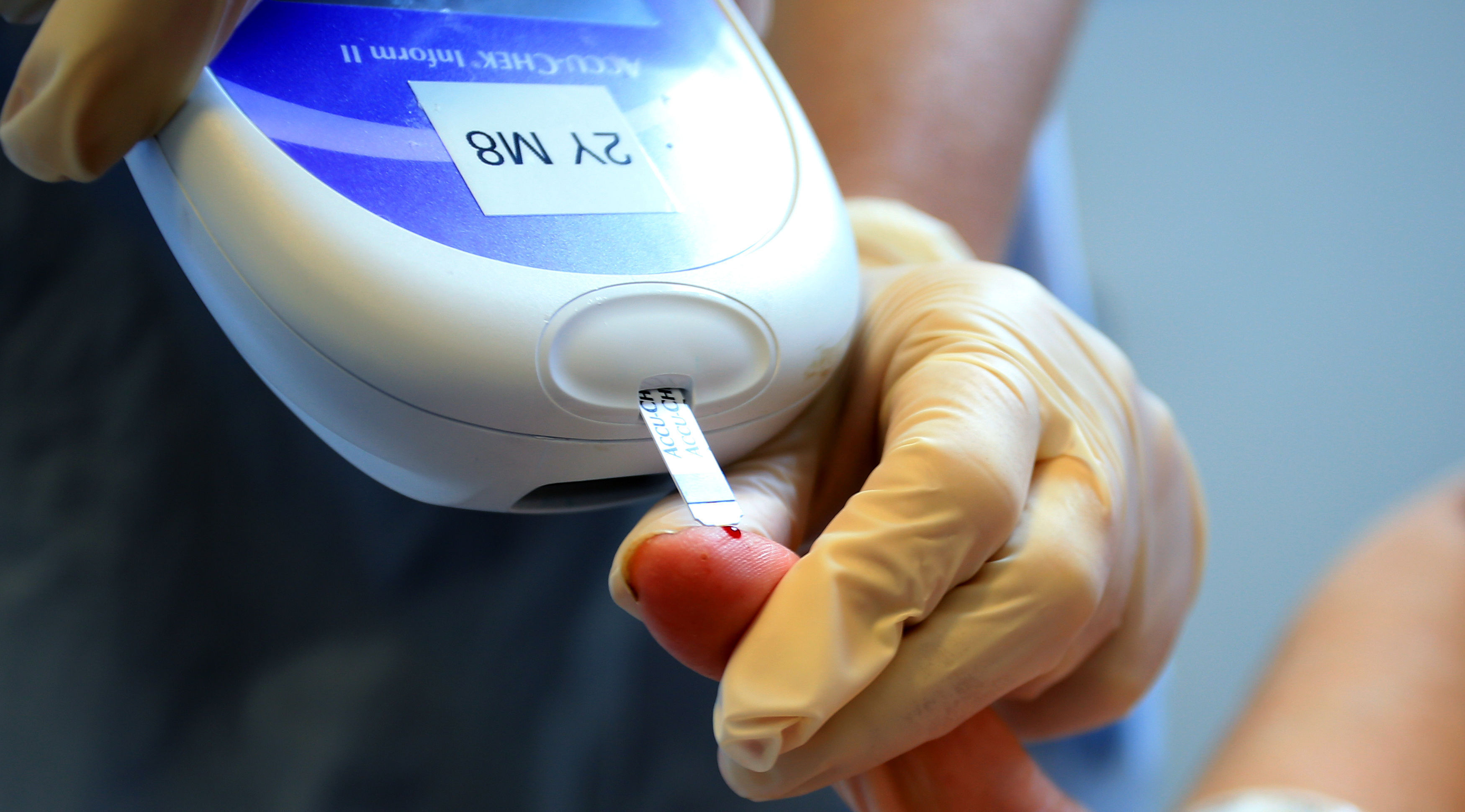
DIABETES patients are more likely to die from alcohol-related factors, accidents or suicide, new research has found.
A study published in the European Journal of Endocrinology suggests that the increased risk of death from these causes may be related to the mental health of patients, due to the psychological burden of living with diabetes.
Researchers in Finland found that diabetes patients who required regular self-injections of insulin were particularly more likely to die from these factors.
Everyone with type 1 and some people with type 2 diabetes need to inject insulin to help manage their blood sugar levels.
Around nine in 10 people with diabetes have type 2 – which is linked to an unhealthy lifestyle.
Since 1996, the number of people diagnosed with diabetes in the UK has increased from 1.4 to 2.9 million. And by 2025 it is estimated that it will affect around one in every seven adults – around five million people.
The study authors said it is well known that diabetes patients have a higher risk of developing cardiovascular disease, cancer and kidney disorders, which can lead to earlier death.
More recently, diabetes has also been linked to an increased risk of depression, although how poor mental health may affect patients with diabetes has not been fully investigated.
For their nationwide study, Professor Leo Niskanen and colleagues from the University of Helsinki, University of Tampere and Helsinki University Hospital, assessed the alcohol-related, suicides or accidental causes of death of more than 400,000 people with or without diabetes.
Of the 434,629 individuals they analysed, 208,148 had diabetes.
The mean follow-up time was 7.1 years, with them finding there were 2,832 deaths due to alcohol, 3,187 caused by accidents, and 853 due to suicide.
Researchers found diabetes was associated with higher mortality in nearly all end-points, especially in insulin-treated patients.
Prof Niskanen said: “We know that living with diabetes can lead to a mental health strain.
“Having to monitor their glucose levels and inject themselves daily with insulin has a huge impact on daily life; simply eating, moving and sleeping all affect blood glucose levels.
“This strain combined with the anxiety of developing serious complications like heart or kidney disease may also take their toll on psychological wellbeing.
“This study has highlighted that there is a need for effective psychological support for people with diabetes.
“If they feel like they are under a heavy mental burden or consider that their use of alcohol is excessive, they should not hesitate to discuss these issues with their primary care physician.
“There are many ways that these problems can be managed, provided they are communicated.”

Enjoy the convenience of having The Sunday Post delivered as a digital ePaper straight to your smartphone, tablet or computer.
Subscribe for only £5.49 a month and enjoy all the benefits of the printed paper as a digital replica.
Subscribe